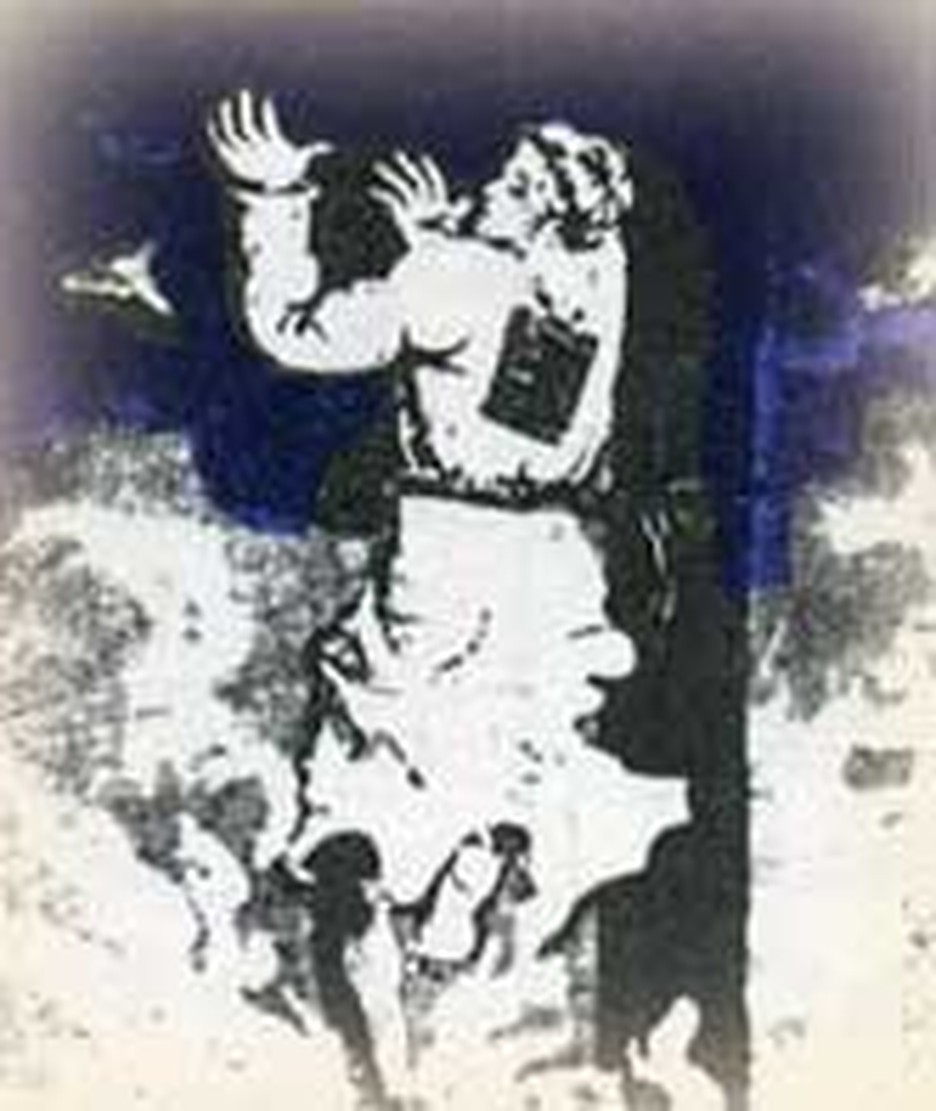
During the Reformation, leaders such as Luther, Zwingli, and Calvin entered into political arrangements which gave them legitimacy and a measure of protection. However, the Anabaptists (who called themselves Brethren), taught that church and state should be separate. Membership in church, and the baptism that went with it, must be preceded by a confession of faith and a changed life. The New Testament should be the primary guide to life and should interpret the Old, not the other way around. Shortly after Luther's stand led to the Reformation, there had arisen a bizarre cult, often also called Anabaptist, which took the Old Testament as their rule, engaged in revolution and seizing the German city of Munster. This action brought fury on the pacifist Anabaptists.
The Roman Church and Protestants alike killed and harassed the harmless Brethren. So severely did the established churches persecute the Anabaptists that their leadership had to be constantly replaced as one after another was martyred. In 1527, the Swiss Brethren met under the leadership of Michael Sattler. He drafted them a confession of faith now known as the Schleitheim Confession (At the time, it was called the Brotherly Agreement of Some Children of God). The Brethren accepted it without a dissenting vote on this day, February 24, 1527. A few months later, Sattler, too, was martyred.
The confession fell under seven points. The first declared that Baptism should be given only to those who had learned repentance and amendment of life, and truly believed that their sins were taken away by Christ. The second point instituted the "ban." If a member persisted in sin after two private warnings, the congregation would exclude and shun that person. The third point said communion would be in memory of Christ not as a sacrament. The fourth separated the church from state. The fifth gave congregations the selection of their own pastors.
The sixth and seventh points were derived from Christ's teaching and example. These were a prohibition on taking up arms and a repudiation of oaths. "...The weapons of their conflict and war are carnal and against the flesh only, but the Christian's weapons are spiritual, against the fortification of the devil. The worldlings are armed with steel and iron, but the Christians are armed with the armor of God, with truth, righteousness, peace, faith, salvation and the Word of God." And "Christ, who teaches the perfection of the Law, prohibits all swearing to His (followers), whether true or false -- neither by heaven, nor by the earth, nor by Jerusalem, nor by our head."
Surprisingly, traditional churches viewed these teachings as threatening. Zwingli and Calvin both denounced them. Today, however, one point or another is accepted by almost every Protestant church or denomination.
Bibliography:
- "Anabaptists." The Oxford Dictionary of the Christian Church. Edited by F. L. Cross and E. A. Livingstone. Oxford, 1997.
- Bender, Harold S. Conrad Grebel. Scottsdale, Pennsylvania: 1971.
- Dyck, Cornelius J., ed. An introduction to Mennonite history; a popular history of the Anabaptists and the Mennonites. Scottdale, Pennsylvania: Herald Press, 1967.
- Littell, Franklin H. The Origins of Sectarian Protestantism. New York: Macmillan, 1972.
- "Schleitheim Confession." (www.anabaptists.org/history/schleith.html)
- Tumbült, Georg. Wiedertäufer. Delhagen and Klafing, 1899.
- Weber, N. A. "Anabaptists." The Catholic Encyclopedia. New York: Robert Appleton, 1914.
- Yoder , John Howard. The Legacy of Michael Sattler. Translated and edited by John H. Yoder. Scottdale, Pennsylvania: Herald Press, 1973.
Last updated May, 2007.



